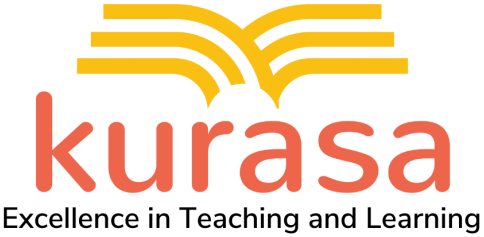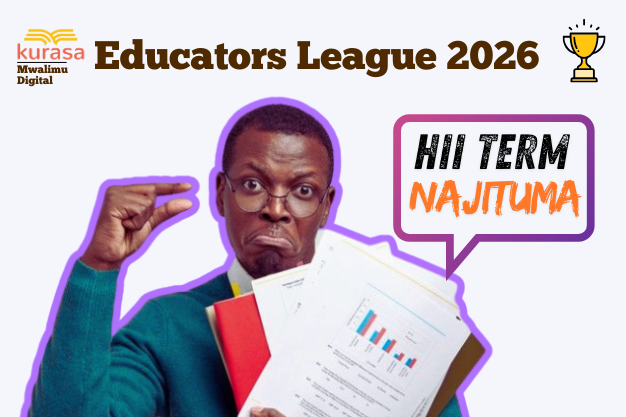
"Jitume uingie league!” Kurasa has just launched the first-ever Teacher Utilization Leagues — a gamified system that recognizes the effort you put into your teaching every week. Whether you’re uploading assessments, marking attendance, or planning lessons, your consistency now earns you more than just results — it earns you rank. From the Newbie League to the Supreme Educator League, it’s time to teach, track, and rise. So… umejituma hii wiki?
Read MoreKNEC Releases KPSEA & KILEA Performance Reports The Kenya National Examinations Council...
Read MoreKurasa Digest: Friday, January 9th, 2026 2025 KCSE Results Release and Performance...
Read More
Introduction Kenya’s Competency-Based Curriculum (CBC) has transformed not just what learners study...
Read More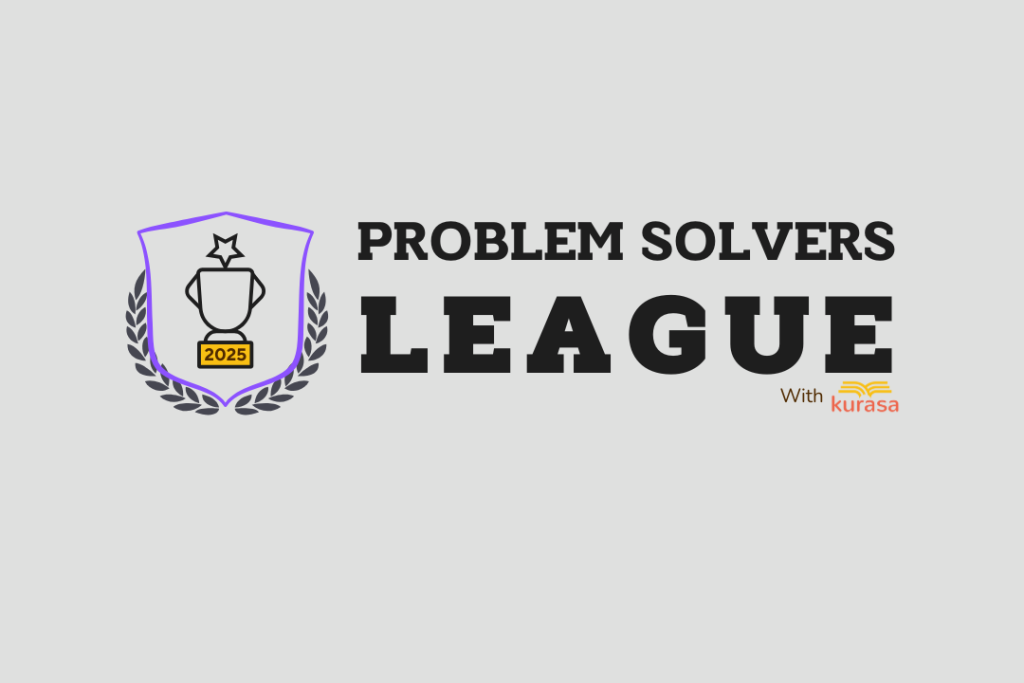
In every child lies the potential to solve problems, think critically, and...
Read More
Esther Diera, a math and chemistry teacher from Kakamega, once struggled with math herself. Today, she’s changing how learners see the subject — using Scratch coding, real-life examples, and creative tools to make math practical, fun, and impossible to ignore. Discover her inspiring story and classroom tips in this PSL Fireside feature.
Read More
The practice of reflection has long been recognized as a cornerstone of professional growth and effectiveness in education. It is widely advocated as a means for educators to review, analyze, and refine their teaching methodologies, ultimately enhancing their efficacy in the classroom. The assertion that reflection is critical not only for student learning but also profoundly beneficial for those who teach underscores its dual impact. Teaching is an inherently dynamic profession, demanding continuous adaptation, learning, and development from its practitioners. Reflective practices serve as a vital mechanism through which educators can navigate the evolving landscape of student needs, curricular changes, and pedagogical innovations, thereby maintaining balance and fostering ongoing improvement. Within the broad spectrum of reflective strategies, mindful teacher journaling emerges as a particularly focused and potent modality. It is defined not as a mere chronological recording of daily events, akin to a diary, but as a specific, intentional form of reflection. This practice is characterized by its deliberate focus on examining current feelings, thoughts, and experiences with a particular goal or mindset, distinguishing it from less structured forms of journaling that may not offer the same depth of benefit. Mindful teacher journaling is thus positioned as a powerful tool that serves both the personal well-being of educators—through stress reduction and enhanced emotional regulation—and their professional development, by facilitating pedagogical refinement and heightened self-awareness.
Read More
Africa stands at a pivotal juncture, characterized by a burgeoning youth population...
Read More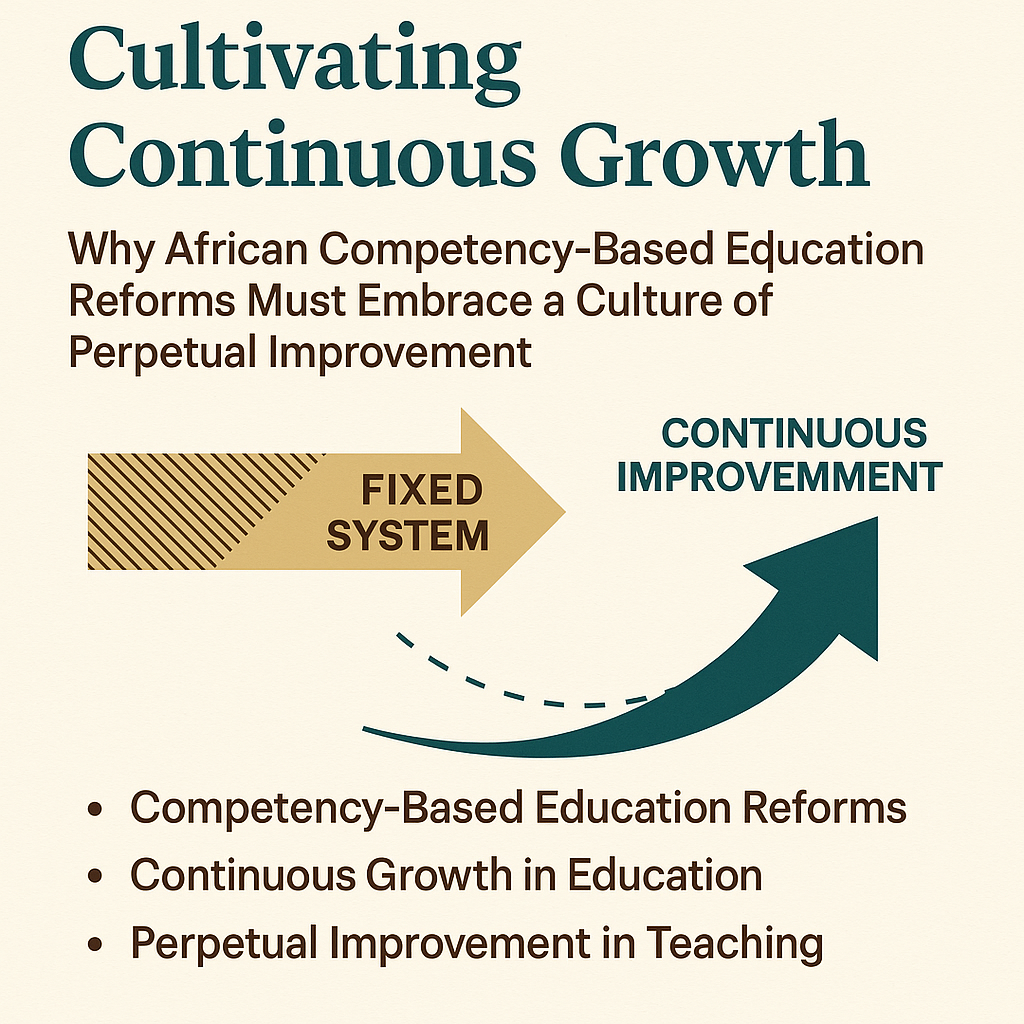
Africa’s shift toward Competency-Based Education (CBE) is more than a curriculum overhaul—it’s a call to embed continuous growth into the DNA of our education systems. From Kenya to Ghana, Rwanda to South Africa, nations are reimagining learning through formative assessment, teacher development, and real-time feedback. But sustainable reform doesn’t come from a fixed blueprint—it thrives on perpetual improvement. This article explores how African countries, with support from platforms like Kurasa, are building systems that learn, adapt, and grow—just like the learners they serve.
Read More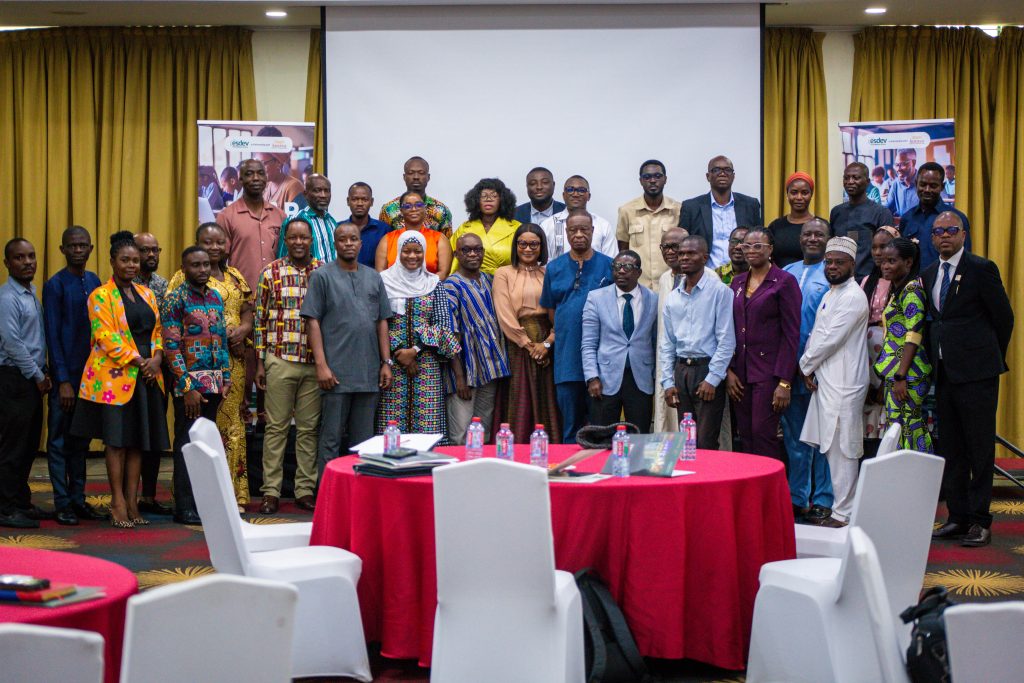
Kurasa Africa, in partnership with ESDEV Foundation and GES, launched the TLAP platform in Ghana on April 30, 2025 — a transformative step for digital education in Ghana. The event showcased pilot success across four regions and reaffirmed national commitment to data-driven teaching, inclusive learning, and EdTech integration.
Read More